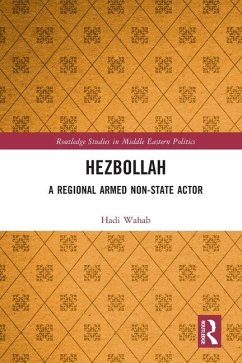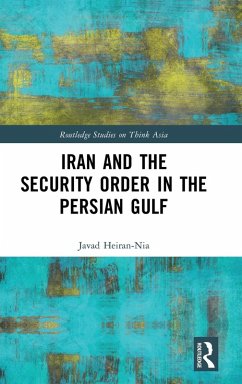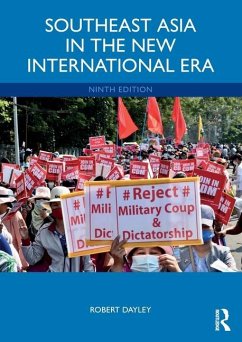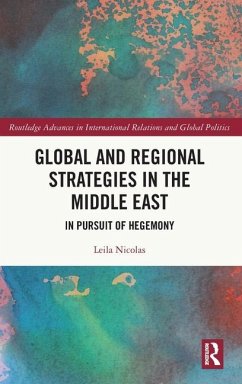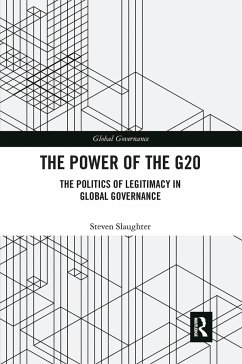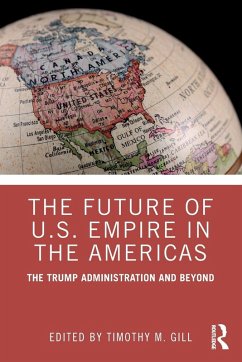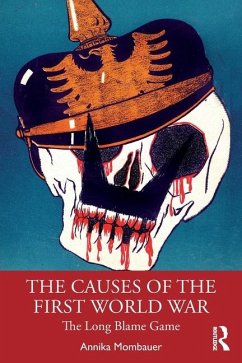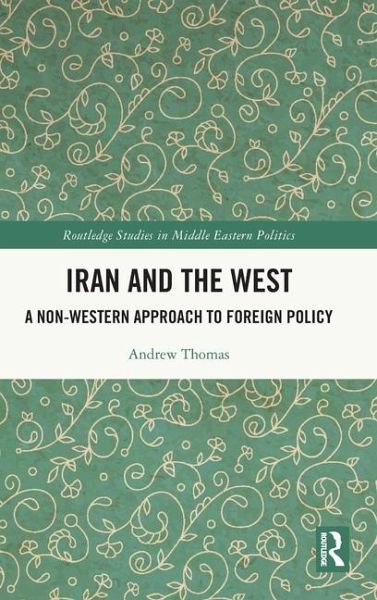
Iran and the West
A Non-Western Approach to Foreign Policy
Versandkostenfrei!
Versandfertig in 6-10 Tagen
154,99 €
inkl. MwSt.
Weitere Ausgaben:

PAYBACK Punkte
77 °P sammeln!
This book explores non-Western approaches to foreign policy in the context of Iran in order to encourage wider consideration of non-Western scholarship in international relations.Throughout its existence IR has drawn primarily on Western thought and experience, leaving other perspectives on the periphery of discourse. As the field becomes more about contexts beyond the West, this has become a challenge for creating a truly 'global' field of study. Concepts like 'national interest,' 'rationality' and 'pragmatism' are often applied to Iran without considering what these concepts mean in the cont...
This book explores non-Western approaches to foreign policy in the context of Iran in order to encourage wider consideration of non-Western scholarship in international relations.
Throughout its existence IR has drawn primarily on Western thought and experience, leaving other perspectives on the periphery of discourse. As the field becomes more about contexts beyond the West, this has become a challenge for creating a truly 'global' field of study. Concepts like 'national interest,' 'rationality' and 'pragmatism' are often applied to Iran without considering what these concepts mean in the context of Iranian political identity. The aim of this book is to highlight the contemporary relevance of native Iranian and non-Western perspectives to IR analysis, returning complexity and critique to Iranian studies. To do this, the author examines four of Iran's political encounters with the West, including its resistance to sanctions policy and negotiations surrounding its nuclear program. Ultimately, the book argues that ignoring Iranian motivations of identity has routinely resulted in missed opportunities, growing tensions and failed coercive policy.
The book will prove valuable reading for students and researchers interested in international relations theory, Iranian history and Middle East studies.
Throughout its existence IR has drawn primarily on Western thought and experience, leaving other perspectives on the periphery of discourse. As the field becomes more about contexts beyond the West, this has become a challenge for creating a truly 'global' field of study. Concepts like 'national interest,' 'rationality' and 'pragmatism' are often applied to Iran without considering what these concepts mean in the context of Iranian political identity. The aim of this book is to highlight the contemporary relevance of native Iranian and non-Western perspectives to IR analysis, returning complexity and critique to Iranian studies. To do this, the author examines four of Iran's political encounters with the West, including its resistance to sanctions policy and negotiations surrounding its nuclear program. Ultimately, the book argues that ignoring Iranian motivations of identity has routinely resulted in missed opportunities, growing tensions and failed coercive policy.
The book will prove valuable reading for students and researchers interested in international relations theory, Iranian history and Middle East studies.





